Kidney Stones Treatment in Mumbai
Struggling with kidney stones? At One Stop Healthcare Solution, we help you find the best kidney stones treatment providers in Mumbai, ensuring you receive specialized care from top nephrologists and urologists. Whether you need treatment for small kidney stones or treatment for large kidney stones, we connect you with experienced specialists who offer advanced and effective solutions. Contact us today for a healthier, pain-free life!
Latest Procedure
Expert Surgeons

Featured Treatments
Find the Best Kidney Stone Treatment in Mumbai Near You: Expert Care for Your Health and Comfort
Dealing with kidney stones can be challenging, but expert care can make all the difference. At One Stop Healthcare Solution, we connect you with Mumbai’s leading nephrologists and urologists who specialize in advanced, personalized treatments for kidney stones. From comprehensive diagnostic services to minimally invasive procedures and follow-up care, we ensure you receive top-tier medical attention tailored to your needs.
Whether you need an initial consultation, advanced lithotripsy, surgical intervention, or post-treatment support, our network of renowned specialists is here to provide expert advice and compassionate care. Don’t wait for pain to worsen—reach out to us today and take the first step towards a healthier, stone-free life!
Book your appointment now and start your journey to better kidney health.
Request a Call Back
Kidney Stone Treatment: Things To Know
Calcium Stones:
Calcium stones are the most common type, forming when there’s an excess of calcium in the urine, often due to high dietary intake or metabolic disorders. They can be composed of calcium oxalate or calcium phosphate. Preventive measures include staying hydrated and managing dietary calcium and oxalate intake.
Uric Acid Stones:
Uric acid stones form in acidic urine and are linked to high-protein diets, obesity, and conditions like gout. Prevention involves a balanced diet, staying hydrated, and possibly medications to make the urine less acidic.
Struvite Stones:
Struvite stones are caused by urinary tract infections (UTIs) with urease-producing bacteria, leading to rapid stone growth. They are composed of magnesium, ammonium, and phosphate. Prevention includes treating UTIs promptly and maintaining hydration.
Cystine Stones:
Cystine stones are rare and result from a genetic condition called cystinuria, where excess cystine is excreted into the urine. Staying well-hydrated and taking medications to reduce cystine levels can help prevent these stones.
Xanthine Stones:
Xanthine stones form due to a rare metabolic disorder that leads to excess xanthine in the urine. Prevention involves drinking plenty of water and using medications to manage xanthine levels and reduce stone formation.
Kidney stones form when certain substances in the urine become highly concentrated and crystallize. The main causes include:
- Dehydration: Insufficient water intake leads to concentrated urine, making it easier for minerals to form crystals.
- Diet: High intake of foods rich in calcium, oxalate, and protein can increase the risk, as well as excessive salt intake.
- Genetics: A family history of kidney stones increases the likelihood of developing them due to inherited metabolic disorders.
- Medical Conditions: Conditions like gout, diabetes, obesity, and hyperparathyroidism can raise the risk of stone formation.
- Certain Medications: Some medications, like diuretics and calcium-based antacids, can contribute to kidney stone formation.
- Urinary Tract Infections (UTIs): Chronic UTIs can lead to struvite stones, especially in the presence of urease-producing bacteria.
- Low Urine Volume: Not urinating enough or having concentrated urine due to health issues can lead to stone formation.
- Digestive Disorders: Conditions like Crohn’s disease or gastric bypass surgery can affect how the body absorbs nutrients, raising the risk of stone formation.
- Severe Pain: Sharp, intense pain in the back, side, or lower abdomen, often radiating to the groin. Pain can come in waves as the stone moves.
- Painful Urination: A burning sensation or pain when urinating.
- Hematuria: Presence of blood in the urine, which may make the urine look pink, red, or brown.
- Frequent Urination: A strong need to urinate more often than usual, sometimes with only small amounts of urine.
- Nausea and Vomiting: Feeling sick or throwing up, especially when the stone causes severe pain.
- Cloudy or Foul-Smelling Urine: Urine that appears cloudy or has a strong odor.
- Urinary Urgency: A sudden, intense urge to urinate.
- Fever and Chills: These may indicate an infection in the urinary tract, especially if accompanied by other symptoms.

Laser Treatment for Kidney Stones in Mumbai
Laser treatment for kidney stones in Mumbai is a highly effective, minimally invasive procedure designed to provide fast relief with minimal discomfort. If you’re looking for the best treatment for kidney stones, laser technology offers a safer alternative to traditional surgery, ensuring quicker recovery and fewer complications.
Using advanced laser techniques, our top urologists in Mumbai and best nephrologists in Mumbai break down kidney stones into tiny fragments, allowing them to pass naturally through the urinary tract. This treatment for removing kidney stones is ideal for both small kidney stones treatment and treatment for large kidney stones, ensuring a personalized approach for every patient.
If you’re searching for a urologist specializing in kidney stones or the best kidney stones treatment providers in Mumbai, we can help you find the right expert. Take the first step towards relief—contact us today to book your consultation with a top nephrologist or urologist near me and get the best care for kidney stones.
Kidney Stone Treatment Options
01
Conservative Management
For smaller kidney stones, conservative management is often the first line of treatment. This includes drinking plenty of water to help flush out stones naturally, along with pain management strategies. Your doctor may also recommend dietary adjustments and medications that prevent further stone formation.
02
Extracorporeal Shock Wave Lithotripsy (ESWL)
ESWL is a non-invasive procedure that uses high-energy shock waves to break kidney stones into smaller pieces, allowing them to pass more easily through the urinary tract. This treatment is typically effective for stones that are medium-sized and positioned in a way that allows for easy access.
03
Ureteroscopy
For stones that are located in the ureter, ureteroscopy is a minimally invasive procedure where a thin tube is inserted through the urethra and bladder to reach the stone. The stone is then broken down using laser technology or removed using specialized instruments. This treatment is highly effective and requires only a short recovery period.
04
Percutaneous Nephrolithotomy (PCNL)
PCNL is a surgical procedure used for large or complex kidney stones. It involves making a small incision in the back to access the kidney and remove the stone. This option is generally considered for stones that are too large to be treated with ESWL or ureteroscopy.
05
Medications
Certain medications can help dissolve specific types of kidney stones or prevent their formation. These may include diuretics, potassium citrate, or allopurinol. Your doctor will determine the appropriate medication based on the stone’s composition.
Why Choose Our Best Kidney Stone Specialist In Mumbai
Finding the right specialist for kidney stone treatment can significantly impact your recovery and long-term health. At One Stop Healthcare Solution, we offer expert care and advanced treatment options to help you manage and overcome kidney stones with confidence.
Expert Care and Experience
Our team of skilled urologists in Mumbai has in-depth knowledge and experience in diagnosing and treating kidney stones. We ensure accurate diagnoses and customized treatment plans to suit individual needs, aiming for the most effective and efficient care possible.
Advanced Treatment Methods
We use the latest technology for treatment options like Extracorporeal Shock Wave Lithotripsy (ESWL) and advanced laser procedures, which provide quick recovery and minimal discomfort. Our aim is to ensure safe and precise care with the best outcomes for each patient.
Patient-Centered Approach
At One Stop Healthcare Solution, we believe in personalized treatment. From consultation to follow-up, we prioritize clear communication and support, ensuring that you are well-informed and comfortable throughout your treatment journey.
Expert Care and Experience
Advanced Treatment Methods
Patient-Centered Approach
Telehealth Consultations
Schedule Your Consultation Today!
Looking for minimally invasive, quick, and best kidney stone treatment in Mumbai? We’re here to help.
Frequently Asked Questions
Kidney stones are diagnosed using imaging tests such as ultrasounds, X-rays, or CT scans, and urine tests to check for high levels of stone-forming minerals.
Laser treatment, or ureteroscopy with laser lithotripsy, uses a laser to break up stones into smaller pieces that can be passed more easily. It’s minimally invasive and has a shorter recovery time compared to surgery.
Recovery time varies by treatment. For laser treatment, most patients can return to normal activities within a few days, while recovery from surgery may take a week or more.
If you experience symptoms like severe pain, difficulty urinating, or blood in the urine, seek medical attention promptly to get an accurate diagnosis and start treatment early.
Yes, kidney stones can recur if the underlying causes are not addressed. Lifestyle changes, medication, and staying hydrated can significantly reduce the risk of recurrence.
As with any surgical procedure, risks include infection, bleeding, and damage to surrounding tissues. However, modern techniques like minimally invasive procedures reduce these risks significantly.
If untreated, large stones can lead to complications such as kidney damage or infection. Early diagnosis and treatment help prevent these long-term issues.
Medication can be effective for preventing and managing kidney stones, especially those formed due to high calcium or uric acid levels. Specific medications can help dissolve certain types of stones or prevent their formation.
During a consultation, a urologist will review your medical history, conduct a physical examination, and may order imaging tests and urine or blood work to determine the size, type, and location of the stone.
Yes, non-surgical options like shock wave lithotripsy (SWL) or laser lithotripsy can break down larger stones, making them small enough to pass naturally or be removed without invasive surgery.
Yes, while less common, kidney stones can occur in children. Causes can include genetic factors, dehydration, or certain medical conditions. Treatment options for children are tailored to their specific needs.
Indications that treatment is effective include reduced pain, easier urination, and passing stone fragments. Follow-up appointments with your urologist will confirm if the stone has been successfully treated or removed.
Treatment depends on the size and type of stone. Options include increased water intake, pain management, medication to help pass stones, shock wave lithotripsy, laser treatment, or surgical procedures for larger stones.
Yes, prevention involves staying well-hydrated, making dietary changes to reduce the intake of stone-forming substances (like high oxalate foods and salt), and taking medications if necessary to manage underlying conditions.
Some discomfort can occur during and after the procedure, but pain management options are available to help ease any pain. Non-invasive treatments like laser lithotripsy typically result in less post-procedure discomfort.
Urologists specialize in treating kidney stones and other urinary tract issues. It’s best to consult with a urologist for a proper diagnosis and treatment plan.
The size of a kidney stone is determined using imaging techniques like an ultrasound or a CT scan. Stones range from as small as a grain of sand to several centimeters in diameter.
Staying hydrated by drinking plenty of water, reducing salt and high-oxalate foods, eating a balanced diet, and managing underlying conditions like obesity and diabetes can help prevent kidney stones.
Recovery from SWL, a non-invasive treatment that uses shock waves to break down stones, is usually quick. Patients may experience some discomfort or blood in the urine for a few days but can generally return to normal activities shortly after.
Yes, laser treatment is effective for most types of kidney stones, especially those that are larger or located in difficult-to-reach areas. It breaks the stones into smaller fragments that are easier to pass.
Yes, patients may be advised to limit foods high in oxalate (e.g., spinach, nuts, and chocolate), reduce sodium intake, and avoid excessive animal protein to prevent stones from forming.
If you experience severe, persistent pain that doesn’t subside, fever, chills, nausea, vomiting, or difficulty urinating, seek immediate medical help. These could be signs of a stone blocking the urinary tract or causing an infection.
Kidney stones are more common in adults aged 30 to 60. However, the risk increases with age due to changes in diet, decreased water intake, and the presence of chronic conditions that contribute to stone formation.
Advanced treatments include laser lithotripsy, minimally invasive surgery like percutaneous nephrolithotomy (PCNL), and robotic-assisted surgery for precise removal of stones.
Other Specialties
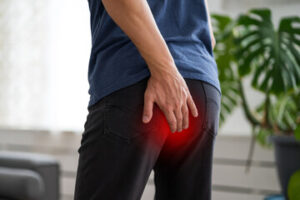
Proctology
Care for conditions like hemorrhoids, anal fissures, and other rectal issues. It includes diagnosis, minimally invasive procedures, and follow-up care for comfort and recovery.
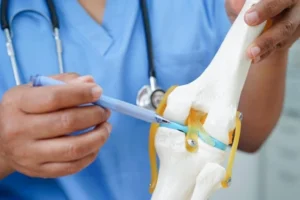
Orthopedic Treatment
Treatment for joint pain, bone fractures, and muscle problems. It includes tests, non-surgical options, and surgical treatment if needed.
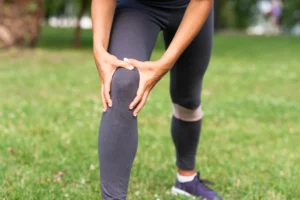
ACL Injury
Care for ACL injuries with treatments like physical therapy, arthroscopic surgery, and ligament reconstruction. It includes diagnosis, personalized treatment plans for full recovery.
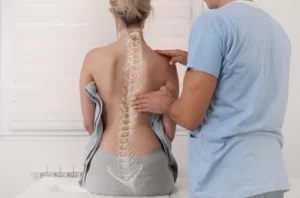
Spine Surgery
Surgery for back problems like herniated discs and scoliosis. It includes consultations, surgery, and follow-up care for recovery.
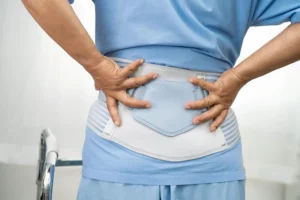
Hip Replacement
Advanced surgery options to fix hip pain and improve mobility. It includes pre-surgery care, surgery, and post-treatment support.

Ligament Tear
Treatment options for torn ligaments, including surgery and therapy. It includes diagnosis, surgery, and rehabilitation for healing.
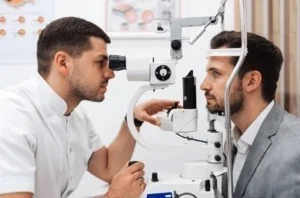
Ophthalmology
Treatments for vision problems, eye diseases, and regular check-ups. It includes eye exams, treatments, and surgeries for better eye health.
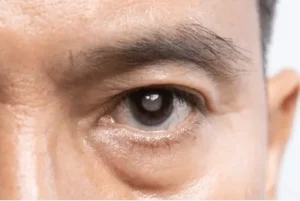
Cataract Surgery
Safe cataract removal surgery for clearer vision. It includes eye tests, surgery, and post-surgery care to help you see better.
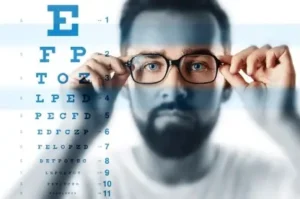
LASIK
LASIK surgery for clearer, glasses-free vision. It includes eye tests, laser treatment, and post-surgery care.
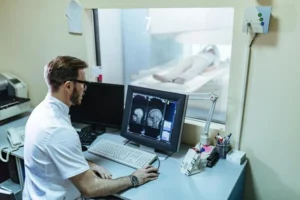
Oncology
Treatment for different types of cancer, including surgery, chemotherapy, and radiation. It includes diagnosis, treatment plans, and patient support.
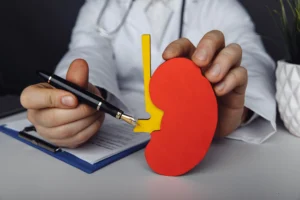
Kidney Stones
Treatment for kidney stones, including laser surgery and other methods. It includes diagnosis, treatment, and recovery support.
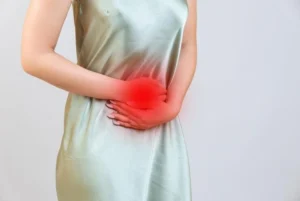
Hernia
Care for hernia conditions with treatments like laparoscopic surgery, open repair, and mesh repair includes diagnosis, treatment plans, and post-surgical support for a smooth recovery.
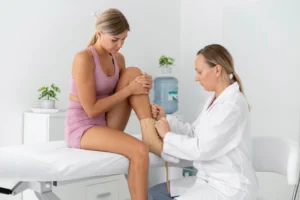
Varicose Vein
Treatments like laser therapy, sclerotherapy, and surgery to improve circulation and ease discomfort. It includes diagnosis, treatment plans, and support before and after treatment.
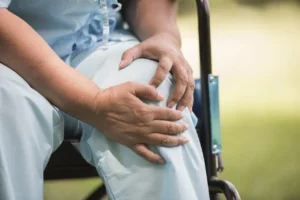
Knee Replacement
Experience advanced knee replacement surgery with our expert orthopedic surgeons. Trust us for comprehensive care and personalized treatment plans tailored to your needs.
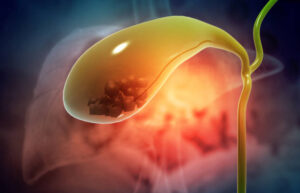
Gall Stone Treatment
Our specialized team offers effective solutions for gallstones, including minimally invasive procedures to remove stones and alleviate discomfort.

Health Checkup in Mumbai
We provide comprehensive health checkup in Mumbai with thorough evaluations, including essential screenings and diagnostic tests, to detect potential health issues early.

Home Health Care Service
Enjoy professional healthcare in the comfort of your home, including nursing care, physiotherapy, and medical assistance.

